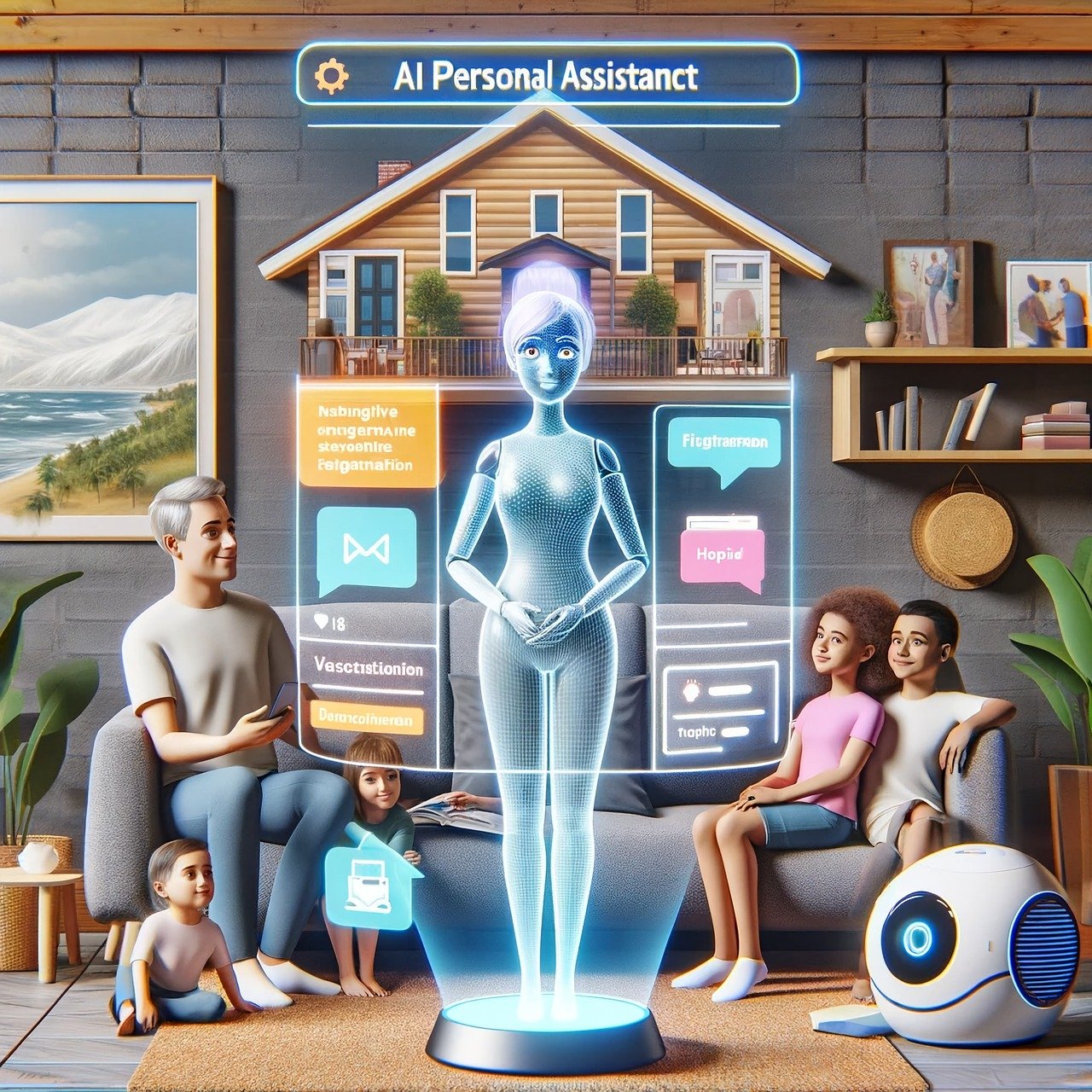Positive Aspects of AI:
- Improved Efficiency and Productivity:
- AI systems can perform tasks faster and more accurately than humans, often reducing the time and resources needed to complete various jobs. For example, AI-driven automation in manufacturing and data processing can significantly boost productivity.
- Advancements in Healthcare:
- AI has the potential to revolutionize healthcare by improving diagnostic accuracy, personalizing treatment plans, and accelerating drug discovery. AI-driven tools can analyze vast amounts of medical data quickly, helping doctors make better-informed decisions.
- Enhanced Decision-Making:
- AI algorithms can analyze large datasets and uncover patterns that might be invisible to humans. This can help businesses and governments make more informed decisions, from financial forecasting to public policy.
- Increased Accessibility:
- AI-powered assistive technologies, such as speech recognition and screen readers, help individuals with disabilities to interact with the world more easily, improving their quality of life.
- Innovation and New Industries:
- AI is driving innovation across various sectors, leading to the creation of new industries and job opportunities. Autonomous vehicles, smart cities, and personalized marketing are just a few examples of fields being transformed by AI.

Negative Aspects of AI:
- Job Displacement:
- The automation of tasks through AI could lead to significant job losses in certain industries, particularly in manufacturing, customer service, and data entry. This raises concerns about unemployment and economic inequality.
- Privacy and Security Concerns:
- AI systems, especially those involved in data collection and analysis, can pose significant privacy risks. The misuse of AI in surveillance or data breaches could lead to the erosion of personal privacy and security.
- Bias and Discrimination:
- AI algorithms can perpetuate and even exacerbate biases present in the data they are trained on. This can lead to unfair treatment in areas such as hiring, law enforcement, and lending, where AI decisions impact people’s lives.
- Ethical and Moral Dilemmas:
- The deployment of AI in areas such as autonomous weapons, surveillance, and decision-making raises ethical questions about the control and responsibility of AI systems. The lack of clear regulations and guidelines further complicates these issues.
- Dependence on Technology:
- As AI becomes more integrated into daily life, there is a risk of over-reliance on technology, which could lead to a decrease in human skills and critical thinking. It might also increase vulnerability to AI system failures or cyber-attacks.
Conclusion:
AI’s impact on humanity is multifaceted. While it offers incredible opportunities for advancement and improving quality of life, it also presents significant challenges and risks. The key to ensuring that AI is more beneficial than harmful lies in responsible development, ethical governance, and ensuring that AI is used to complement human capabilities rather than replace them. As AI continues to evolve, society must address these challenges to maximize the benefits while minimizing the risks.

